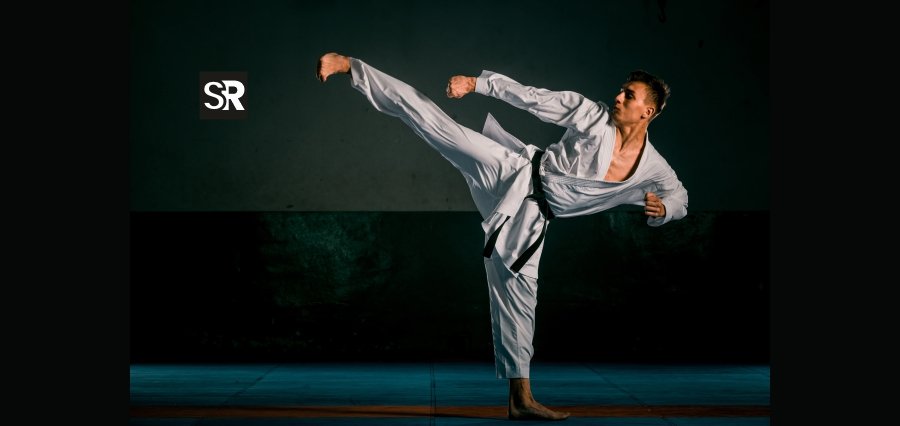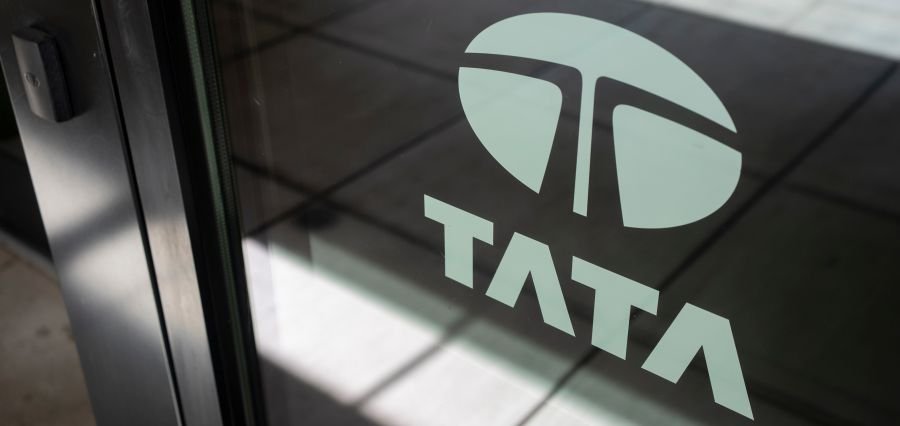Self-Defence
The recent decade has witnessed Karate practice in India becoming a force that molds India’s young generation into a more healthier physical, mental, and psychological condition. It was a traditional martial art that was earlier known but now a full-grown discipline with a molding influence beyond the sphere of self-defense. As demand for holistic learning and value development expands, so too is karate being adopted not merely in cosmopolitan urban India but also small-town India and rural India. Greater number of specialist dojos, better-trained teachers, and better-organized national-level programmes have made it possible for young Indians to adopt a form of training that brings in discipline, toughness, and confidence in oneself—traits needed in today’s ruthless world.
One of the strongest advantages of Karate classes in India is that it can impart the traits of discipline and concentration to children at a very young age. In today’s time when distractions in the form of mobile phones and social media are becoming radically common, children’s minds find it extremely difficult to concentrate or adhere to a routine. Karate, with all its emphasis on precision, repetition, and concentration, assists students in achieving higher concentration and goal orientation. Practice of katas, sparring arts, and breathing meditation on regular basis leads to an inner control factor that helps the children control emotions and become patient and persistent.
Besides, Karate training in India has significantly improved the physical health and physical fitness of the young generation. Relative to usual physical education classes, which may be sloppy or dull, karate is a comprehensive body exercise that promotes cardiovascular health, muscle strength, flexibility, and coordination. As a recreation but efficient route to healthier wellness among kids and teenagers with sedentary lifestyles, obesity, or indoor living, karate provides a superior solution. Controlled grading system and frequent belt tests also compel students to maintain a mark training, developing habits that go beyond the dojo.
One of the most powerful aspects of Karate training in India is developing character and imparting values. Respect towards seniors, humility, honesty, and responsibility are imparted under karate philosophy. Younger ones are taught to bow when they enter the dojo, listen to their sensei (teacher), and be respectful and honest towards their peers. These proverbs and rituals subtly develop the moral foundation of the children and hence help them become good and responsible world citizens. In every Indian school, karate is now part of the curriculum simply because it can instill such values along with physical prowess.
The self-defense component of Indian Karate training cannot be underestimated either, considering the realities of security issues among the young generation, and women in particular. Parents everywhere are beginning to see how important it is to enable their children to defend themselves. Karate doesn’t just teach the motions of self-defense, but also alertness and self-confidence to stay out of harm’s way. The majority of the girls who participate in regular karate instruction feel more secure, more confident, and more assertive on their own ground in public settings—all advantages directly contributing to both gender empowerment and equity.
Karate training in India has also played a crucial role in the identification of sportspersons and their nurturing. As karate is also one of the sports in international events like the Olympics and Asian Games, karate is a professional sport today. The country and state-level contests are also being arranged on a regular basis, and sportsmen and women in large numbers are being patronized by the government, are being given funds, and are being sponsored for their performances. This additional infrastructure is creating opportunities for students from every strata of society to compete at an international level. Coaches throughout the country are also playing their part in a positive manner not only in technical skill development but in instilling the competitive drive and mental resilience needed in high-performance sport.
Greater Karate training in India also reflects a wider cultural renaissance and interest in traditional martial arts. As Western sporting and fitness culture has become increasingly popular, karate is one sport that blends old knowledge with new training methods. Indian parents and teachers enjoy the combination because it is something socially acceptable to make assured, competent children. Karate also promotes inclusiveness. Children of all age groups, disability, and gender can participate, and it is a great community activity that fosters equality and respect. Karate training in India has been a game changer in impoverished and rural communities. Community organizations and local initiatives are using karate as a weapon of empowerment among young people. These entities are giving underprivileged youth a sense of purpose, belonging, and hope by offering free or cheap training. For everyone, the dojo is home away from home—a safe haven from wars of daily life, a vent for energy to be directed in the proper direction, and a home in which they can strive to create a brighter tomorrow. Testimonies of students who came from humble origins triumphing at national championships or later on becoming coaches themselves are compelling witnesses of what straightforward coaching and perseverance can do.
Apart from this, increasing practice of Karate coaching in India is making it more professional. Trained coaches are now imparted with pedagogy, injury prevention, sports psychology, and nutrition. Professional training keeps the young players safe, efficient, and inspiring. With increasing numbers of coaches being employed by schools, sports organizations, and city governments, karate becomes more widespread and is getting mainstreamed—no longer limited to private dojos or after-school sessions.
Last but not the least, Karate training in India is also transforming parents’ and society’s attitude towards sport and physical education. When more and more students are improving their studies, temperament, and self-confidence by undergoing karate training, parents themselves are also realizing the significance of sports in the overall development of the child. The recognition accorded to capable karatekas, especially when they receive state or national awards, enables us to change the impression that martial arts are second-rate or hobbies. This is a significant shift in perspective for the promotion of a generation that boasts about balance in study, physical conditioning, and emotional stability.
Overall, Indian Karate education is not merely a martial arts syllabus—it is a revolutionary social force shaping the physical, intellectual, and moral life of the next generation. Through discipline, toughness, and respect, karate is building men and women who are not merely healthy and efficient but also confident, responsible, and socially aware. And as this martial art spreads farther and wider and gains broader acceptance, it can make powerful good across the land. City schools and rural community centers are all receiving the message of a karate master: inspiring young hearts to stand proud and think bright, and to move forward with strength and determination.






